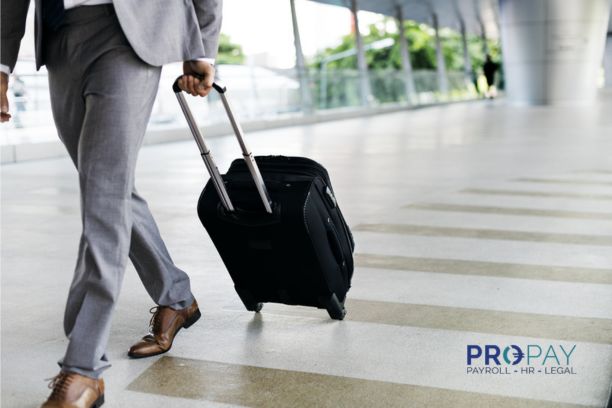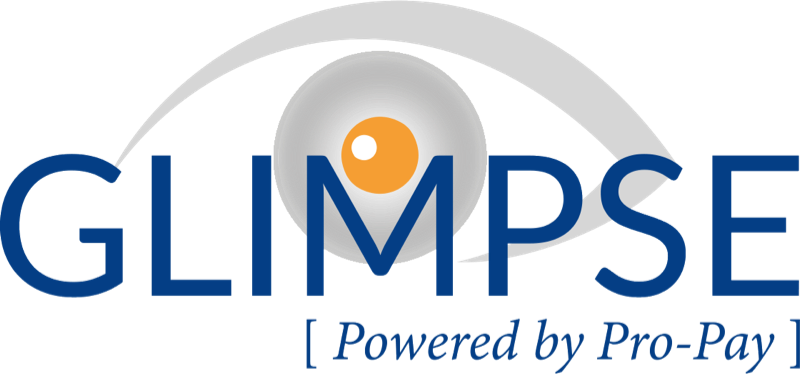Adjustment of the reimbursement of business trips abroad 2025

The costs that the employee incurs during business trips abroad can be reimbursed on a lump-sum basis by the employer. The accepted lump-sum amounts in the so-called ‘country-list’ were adjusted on 14 July 2025 and the adjusted amounts are effective as from 1 August 2025. We will discuss the modalities of granting such allowances for business trips in this newsletter.
What are business trips abroad?
There are two categories of business trips abroad:
- Category 1 “short business trips abroad”: an employee resides abroad in the service of the employer during a period of minimum 10 hours and maximum 30 calendar days;
- Category 2 “long business trips abroad”: an employee resides abroad in the service of the employer during a period longer than 30 calendar days.
! The employees concerned must be primarily engaged in a sedentary professional activity and the salary that they receive during their business trip abroad must be subject to tax in Belgium.
Which reimbursements exist and what costs do they cover?
Lump-sum reimbursements are meant to cover small costs, which the employee incurs during his business trip. The costs that are covered are among others: lunch and dinner costs, snack and drinking costs, local transport costs and telephone communication services. The employee does not have to provide (written) proof of these costs. The amount is a fixed lump sum.
Hotel (incl. breakfast), travel and fuel costs are not covered. These costs can of course be reimbursed upon presentation of written proof in such forms as tickets and vouchers. Accommodation costs may also be reimbursed on a lump-sum basis, but this is less common in practice.
There are two types of acceptable lump sums:
- A lump-sum reimbursement of 37.18 EUR/day, regardless of the destination and duration of the business trip (categories 1 and 2).
- A lump-sum reimbursement according to a country-list. This country-list defines the accepted lump-sum reimbursements by country and by category. The amounts on the country-list are usually higher than the flat rate amount of 37.18 EUR a day.
The country-list is meant to be adjusted every year, but the last adjustment dates back to 2023. The new adjusted amounts can be consulted via this link.
Conditions
The costs may only be included in the lump-sum reimbursement if these expenses are not already reimbursed based on expense reports and if the employee does not report it as a business expense in his tax return.
In addition, the following conditions apply:
-
The amounts can be used for each full day of absence (= a day between two overnight stays during the business trips) and for business trips where the employee returns the same day but has been absent for more than 10 hours.
-
For trips lasting more than 24 hour, the amount should be reduced by 50 % for the days of departure and arrival.
-
If the employer already pays meal expenses, the daily allowance is reduced by 35% for lunch and 45% for dinner.
-
If small costs (e.g. snacks, parking fees, tips, etc.) are reimbursed separately by the employer, the daily allowance is to be reduced by 20%.
-
If the employee is entitled to a meal voucher, the employer contribution to the meal voucher is to be deducted from the daily allowance.
Under the conditions explained in this newsletter, lump-sum daily allowances are costs proper to the employer. The NSSO and the tax authorities therefore accept that these allowances are exempt from social security contributions, resp. tax.
Pro-Pay has developed a tool which allows you to calculate swiftly the lump sum reimbursements for foreign business trips, taking into account the above outlined principles. Contact us via tax@pro-pay.be if you want to receive a fee quote.















